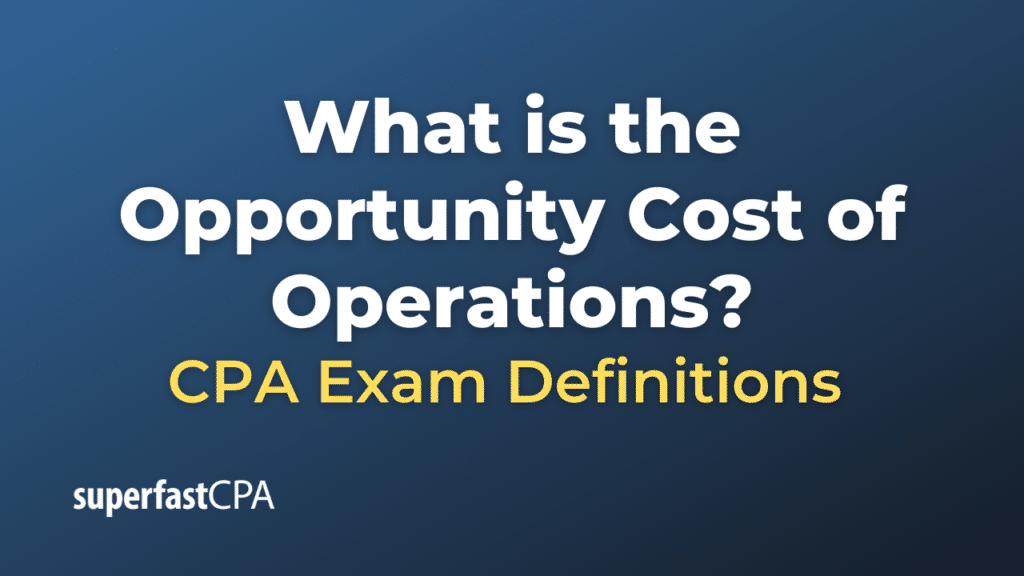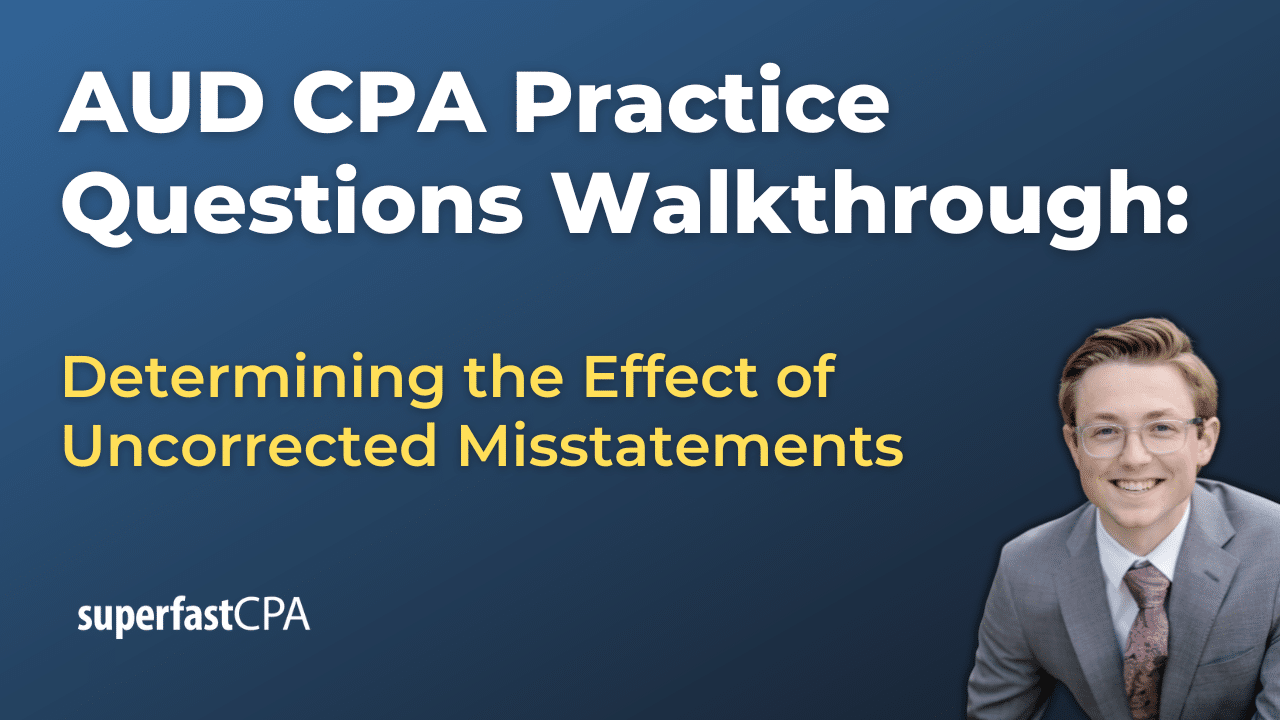Opportunity Cost of Operations
The opportunity cost of operations refers to the potential benefits a business gives up when it chooses one operational decision over an alternative. This cost reflects the trade-off between different ways a business could utilize its resources (such as capital, labor, or time) to maximize its profits or efficiency.
For example, let’s say a manufacturing company has enough raw materials and labor to produce either 100 units of Product A or 80 units of Product B in a given week. If the company chooses to manufacture Product A, the opportunity cost of this operation is the profit it could have earned from selling the 80 units of Product B.
Understanding the opportunity cost of operations can help a business make more informed decisions about how to allocate its resources most effectively. By considering the potential benefits of different operational decisions, a business can strive to choose the options that will provide the highest return or the most strategic benefits.
Keep in mind that opportunity costs are not recorded on the company’s financial statements, but are considered implicit costs. They play a crucial role in managerial decision-making processes, business strategy, and resource allocation.
Example of the Opportunity Cost of Operations
Let’s use a real-world example involving a restaurant:
Suppose you own a restaurant and you’re deciding how to use your dining space during the evening hours. You could continue to serve your regular customers, or you could close to the public and host a private event.
Let’s say on a typical evening, after all costs, you make a net profit of $800 from regular dining. A corporation has offered to pay you $1,000 to use the space for a private event.
If you decide to host the private event, the opportunity cost of this decision is the $800 you could have earned from serving your regular customers. This is the profit you give up by choosing the alternative (the private event).
In this scenario, hosting the private event makes financial sense because the payment from the event is higher than the opportunity cost. But it’s also important to consider non-financial factors. For example, if your regular customers are disappointed or go to a different restaurant because they can’t dine at your place, you might lose future business, which could increase the opportunity cost of hosting the private event.
This example illustrates how understanding the opportunity cost of operations can help businesses make informed decisions about how to use their resources most effectively.













